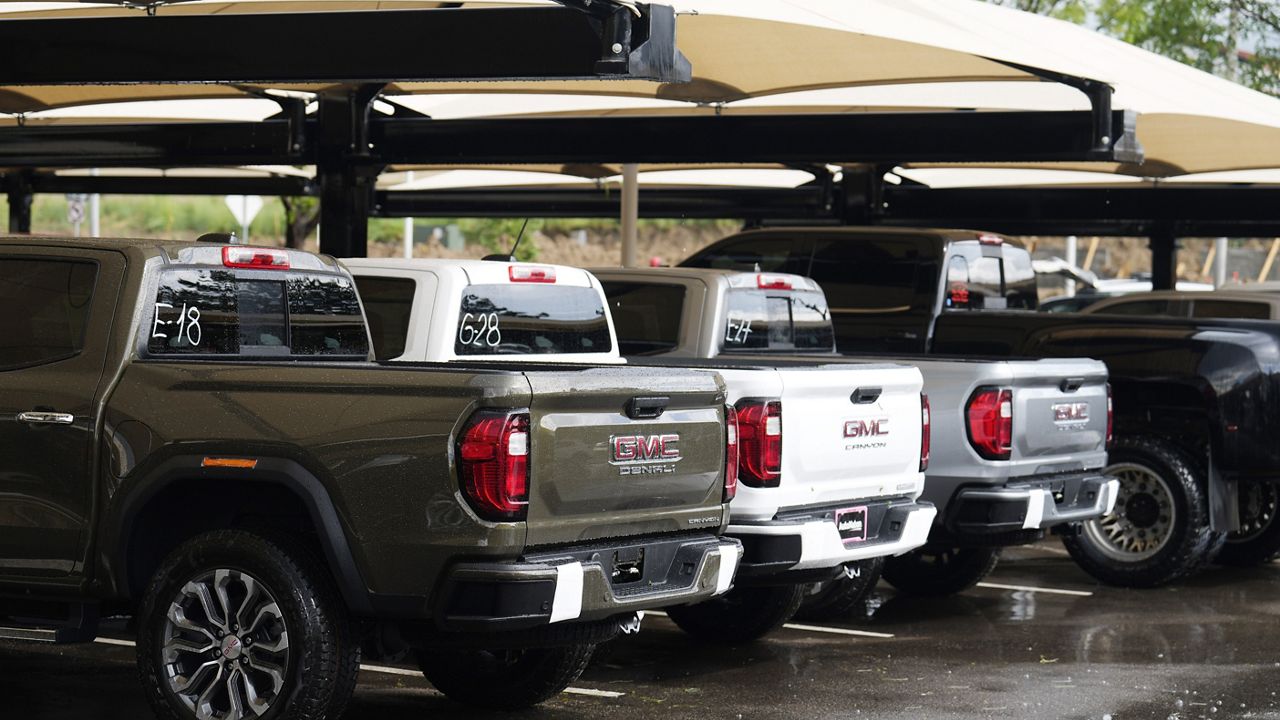The automotive inventory shortages that characterized much of the past two years appears to finally be easing up. New vehicle sales set to rise nearly 12% for the first six months of 2023 compared with a year earlier, according to a forecast from Cox Automotive.
The group predicts new vehicle sales will reach 7.65 million units by the end of June and 15 million for the full year.
“We came into 2023 concerned about affordability, supply constraints and a fragile economy,” Cox Automotive Chief Economist Jonathan Smoke said in a statement Tuesday. “But the jobs market has remained healthy, and consumers have found a way to buy new wheels.”
New vehicle inventories have improved 70% through the first half of the year compared with 2022, helping to juice the market, along with bulk sales to large companies and government agencies. Fleet sales were up 40% compared with just 3% for traditional retail.
General Motors is set to remain the top seller through the first half of the year, up 17% compared with a year ago. Toyota, Ford, Hyundai and Stellantis rounded out the top five bestselling brands.
Hyundai Motor Company, which sells Hyundai, Kia and Genesis brands, surpassed Stellantis, which sells Jeep and Ram, to become the 4th bestselling automaker in the U.S. Honda, Mazda, Nissan and Tesla also saw higher sales in the first half of the year driven by improved inventories and, in the case of Tesla, aggressive price cutting.
Electric vehicle sales are expected to surpass 1 million for the first time this year. They are now approaching 7% of the total U.S. market.
Smoke doesn’t expect the second half of the year to be quite as rosy. Cox Automotive predicts minor slowing as credit availability tightens from higher interest rates and pent-up demand for new vehicles eases.
Vehicle affordability also remains an issue. The average transaction price for a new vehicle in May was $48,528 — $1,393 more than a year ago — according to Cox Auto. The average new auto loan rate in June is 8.99% – up from 6.25% last year.



